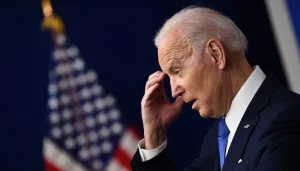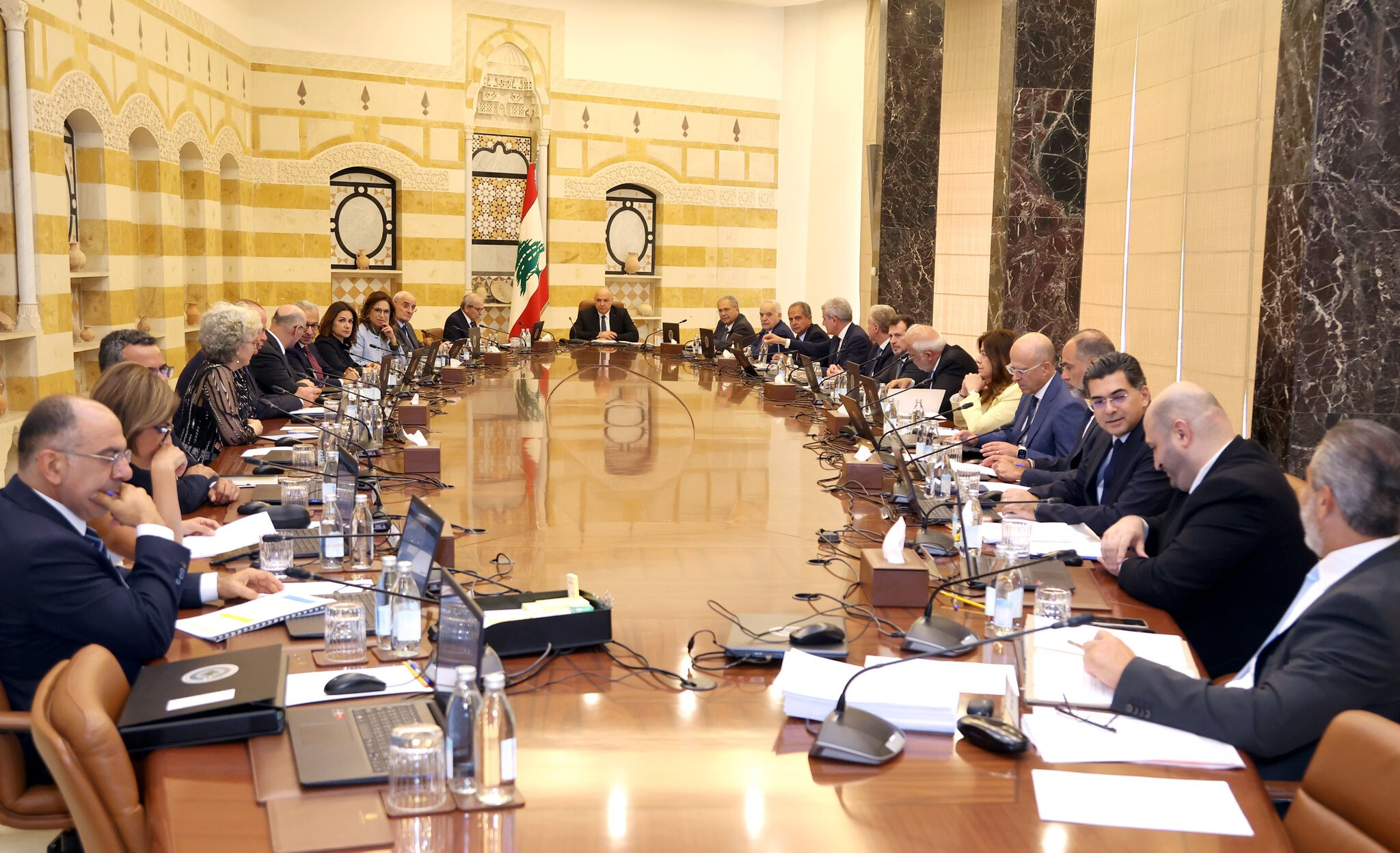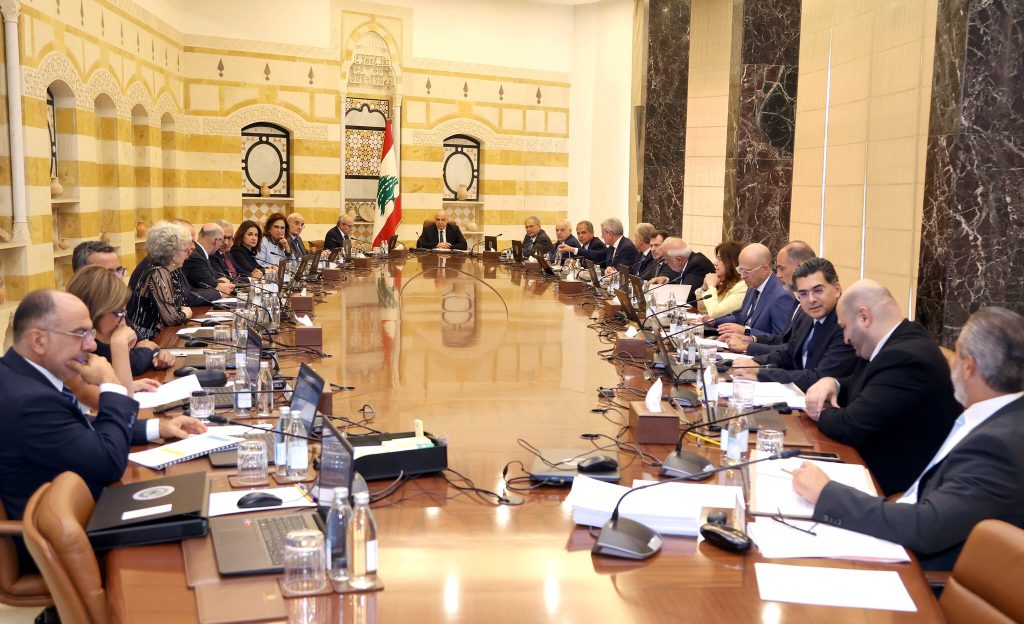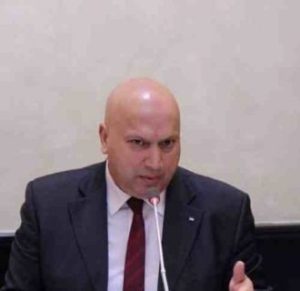Al Anbaa electronic newspaper wrote:
Today, the Council of Ministers discusses the Lebanese Army’s plan after consultations that ensured the session’s convening and approval of the plan, enabling the army to move forward with appropriate implementation mechanisms. “Al Anbaa” learned that recent consultations have not yet decided whether the ministers of the March 8 Alliance will leave the session before discussing the army’s plan or if this will depend on the nature of the discussion after the Army Commander, Rudolf Heikal, presents his plan and its implementation mechanism, and whether it includes binding deadlines or if the implementation mechanism will remain away from the media to avoid embarrassment, leaving the army leadership to overcome obstacles according to the stage’s requirements.
Informed sources told “Al Anbaa” electronic that the government has no options left and that this is no longer a luxury of playing for time.
The issue has become focused on the principle of either “restoring the state’s sovereignty and decision regardless of the Israeli issue, which is not marginalizing it but a reality that must be dealt with, or keeping Lebanon at the mercy of Israeli ambitions to keep it fragmented and weak.” Therefore, Hezbollah’s insistence on holding onto its weapons and not facilitating the army’s task to monopolize weapons in the hands of the state provides Israel with additional opportunities to showcase its advanced capabilities, which have rendered Hezbollah’s weapons ineffective and unusable at least in the foreseeable future, leaving Lebanon in chaos that Israel desires, especially since international support, particularly for the presence of peacekeeping forces in Lebanon, has become limited to one non-renewable year.
The sources explained that many scenarios for today’s session have not yet been decided. Either the plan will be presented, and the government will acknowledge it and agree to announce a later implementation date, or the executive matters will be left to the army, including choosing the appropriate timing, or the plan will be put to a vote after discussing its details with the Army Commander and deciding on implementation if the discussion requires it. It is likely that the Shiite ministers will decide to leave the session then, similar to what happened in the previous two sessions when a decision was made on the “monopoly of weapons” item.
The sources revealed that the army’s plan, which may extend for 15 months, will be implemented in gradual stages starting from the capital Beirut and covering various regions. The army will not commit to a specific start date for implementation, considering that setting deadlines is a purely political decision beyond its jurisdiction, while its role is limited to preparing the technical plan and applying it once the political decision is made.
The sources pointed out that consultations which led to adding some items to the session’s agenda to ensure the participation of the March 8 Alliance ministers will not prevent the discussion of the army’s plan. Accordingly, the session will be held with its full quorum, and any surprise that may lead to the withdrawal of the Shiite ministers or only the party’s ministers will not cancel the government’s decision if it continues its meeting. This does not mean sending a negative message to the army leadership but rather an objection to rushing the stages in the absence of American guarantees, amid Israeli attacks that will be present on the Council of Ministers’ table, especially the recent attack on the UN peacekeeping forces.
The sources confirmed that the government is proceeding with implementing the monopoly of weapons plan to confirm its credibility before the international community, rejecting any pressure, whether internal referring to Hezbollah or external referring to Iran. Therefore, it bets that the time gap before implementing the plan will give state officials the opportunity to demand that America provide guarantees to secure the army’s safe deployment on the ground without a knockout blow.














Recommended for you
Exhibition City Completes About 80% of Preparations for the Damascus International Fair Launch
Al-Jaghbeer: The Industrial Sector Leads Economic Growth
Unified Admission Applications Start Tuesday with 640 Students to be Accepted in Medicine
Ministry of Media Announces the 10th Edition of 'Media Oasis'
Talib Al-Rifai Chronicles Kuwaiti Art Heritage in "Doukhi.. Tasaseem Al-Saba"
Afghan Energy and Water Minister to Al Jazeera: We Build Dams with Our Own Funds to Combat Drought